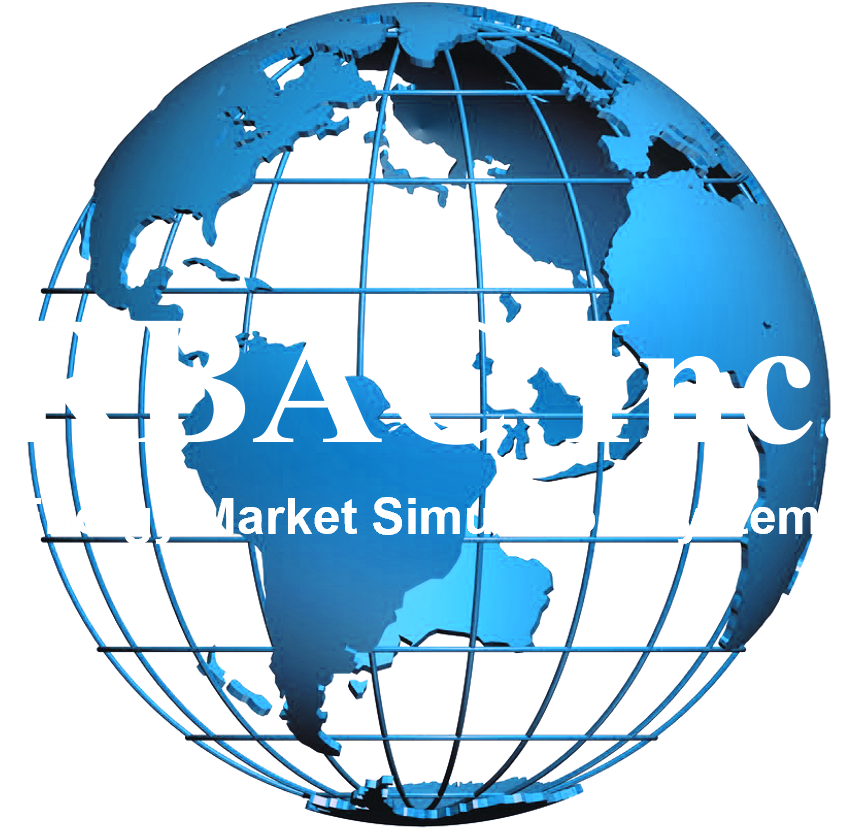
HYDROGEN AS AN ENERGY SOURCE:
The hydrogen sector development in recent years has created significant opportunities and challenges for the LNG value chain. Hydrogen is seen as a clean and versatile energy carrier with the potential to decarbonize various sectors such as transportation, industry, and power generation. As such, it is seen as a complementary energy source to LNG and natural gas. Here are some of the ways hydrogen development impacts LNG and natural gas sector:
Upstream segment:
The upstream segment involves the exploration and production of natural gas. As the demand for hydrogen increases, it is expected that natural gas will be used as a feedstock for hydrogen production through steam methane reforming (SMR) and other processes. This is a significant opportunity for natural gas producers who can diversify their product portfolio to include hydrogen production. An example of a pilot project in this segment is the development of a hydrogen production plant in Oman by Shell and Total.
Midstream segment:
The midstream segment involves the processing, transportation, and storage of natural gas and LNG. The existing LNG infrastructure can be repurposed for the transportation and storage of hydrogen. This is an opportunity for LNG terminal operators who can expand their business to include hydrogen storage and transportation. An example of a pilot project in this segment is the conversion of an LNG regasification terminal in Japan to a hydrogen import terminal.
Downstream segment:
The downstream segment involves the distribution and utilization of natural gas and LNG. The use of hydrogen in transportation and power generation requires the development of a new infrastructure, including fueling stations and power plants. This is an opportunity for natural gas utilities and power companies who can leverage their existing customer base and infrastructure to develop hydrogen distribution and utilization networks. An example of a pilot project in this segment is the construction of a hydrogen refueling station network in California by Shell and Toyota.
Opportunities and Challenges:
Participants from the LNG and natural gas sector can contribute to hydrogen development by leveraging their expertise and infrastructure to develop new business opportunities. For example, LNG terminal operators can repurpose their existing infrastructure for hydrogen storage and transportation, while natural gas utilities and power companies can leverage their customer base and distribution network for the development of hydrogen distribution and utilization networks.
One of the main challenges for the natural gas sector is the potential competition with hydrogen for market share. As the demand for hydrogen increases, it may displace natural gas in certain applications, such as transportation and power generation. However, natural gas producers can mitigate this risk by diversifying their product portfolio to include hydrogen production.
Clean ammonia from hydrogen can also impact the natural gas sector by providing a new market for natural gas producers. Ammonia is a key feedstock for fertilizers and other industrial applications. The production of clean ammonia from hydrogen can provide a low-carbon alternative to traditional ammonia production methods that rely on natural gas as a feedstock. According to the International Energy Agency (IEA), clean ammonia production could potentially represent a $2 trillion market opportunity by 2050.
Summary:
Hydrogen development presents significant opportunities and challenges for the LNG and natural gas sector. Participants from the LNG and natural gas sector can contribute to hydrogen development by leveraging their expertise and infrastructure to develop new business opportunities. While there are challenges, such as potential competition with hydrogen for market share, the diversification of product portfolios to include hydrogen production and the production of clean ammonia from hydrogen can provide new market opportunities for natural gas producers.
With G2M2 Market Simulator for Global Gas and LNG, you can better understand this relationship going into the future and make your energy decisions on solid ground.


